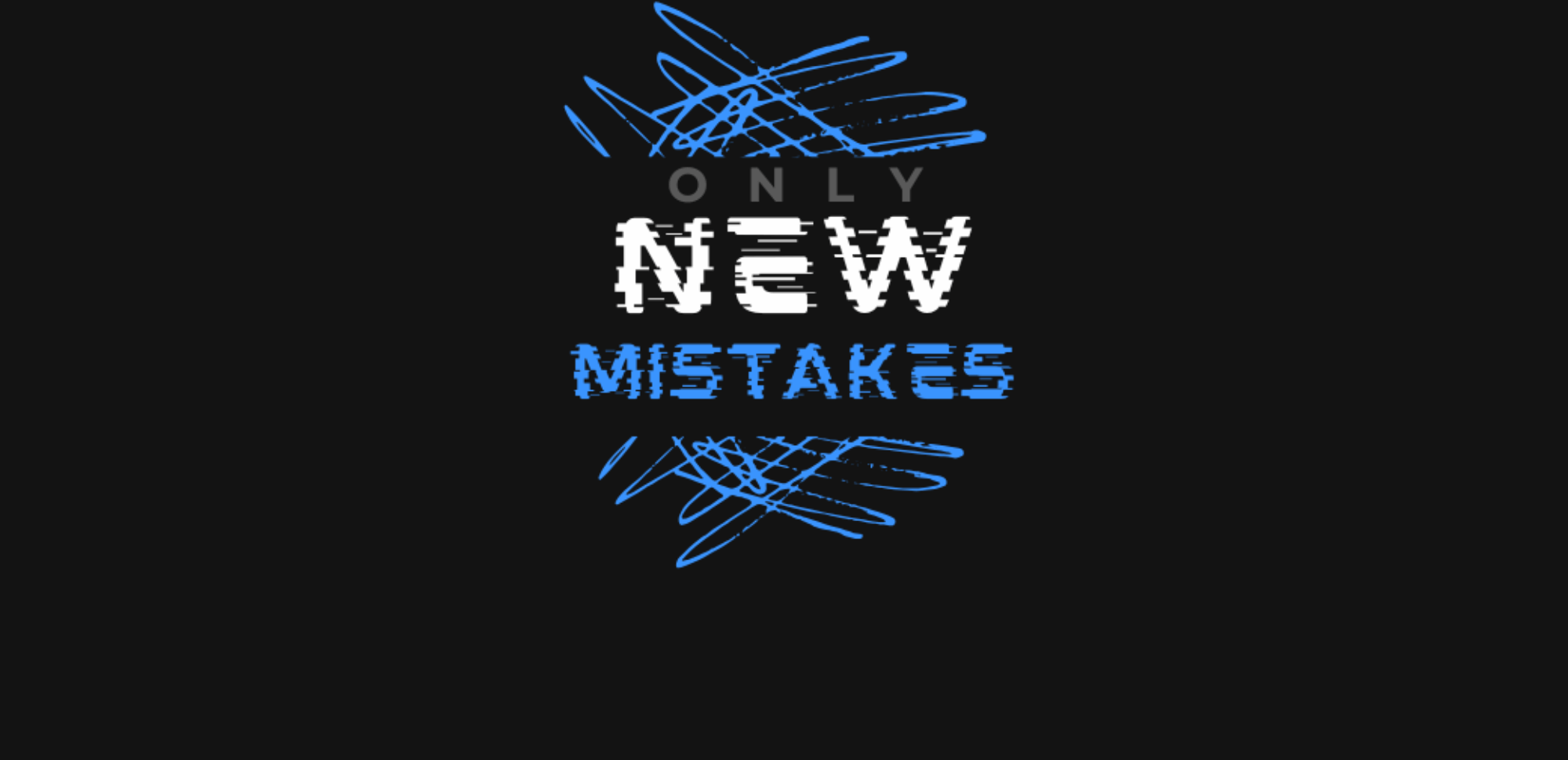During the final SXSW keynote with Dr. Astro Teller provided a number of great thoughts on the value of “moon shots,” and also on failure. Key quotes from the session below belong to him. I’ve sprinkled a few thoughts of my own after each quote.
Dr. Teller currently oversees the Google[x] work, swinging for the fences in a number of areas. They’ve had some big wins and some big failures too. He clearly has some great insight on the value failure when these types of quotes just flow out of him during a keynote.
It’s not about having the bumps and scrapes, it’s about getting the full value from them.
This is the value of an only new mistakes philosophy. Take each mistake and learn from it. Don’t repeat it. You should have no need to repeat it, because you’ve already learned everything you need from it. He talked about sticking with some failures even longer than you might want to in order get all the learnings from it.
If you’re not failing at least some of the time, you could be learning faster.
The startup environment inevitably forces this out of you. You’re going to be making mistakes, so you may as well be learning from those mistakes. It’s better to run fast, in the real world, with the safety off and learn from the mistakes than to build slowly and not learn the mistakes until much later.
Failing doesn’t have to mean not succeeding.
Your failures are nothing but pitstops on the highway to eventual success.
Failures are cheap if you do them first. They’re only expensive when you do them at the end.
So true in software development it’s not even funny. All the more reason for good quality engineering, quality automation & quality processes.
Having people from radically different backgrounds will give you a radical mental diversity.
According to Dr. Teller mental diversity has proved tremendously useful in bringing all the ideas to the table. I’ve loved building as diverse a team as possible to bring all the expertise and ideas into the open. I love the fact that building a racially/seniority/gender diverse team provides better solutions.



